An international team including Yishui Zhou, Dr. Yixi Su, and researchers from the Jülich Centre for Neutron Science at the Heinz Maier-Leibnitz Zentrum (MLZ) has achieved major advances in magnetic materials with strong potential for future electronic and quantum technologies. One study investigates a chiral antiferromagnetic semiconductor, while another examines a family of topological metals with an intricate, woven-like atomic structure.
MLZ is a cooperation between:
 > Technische Universität München
> Technische Universität München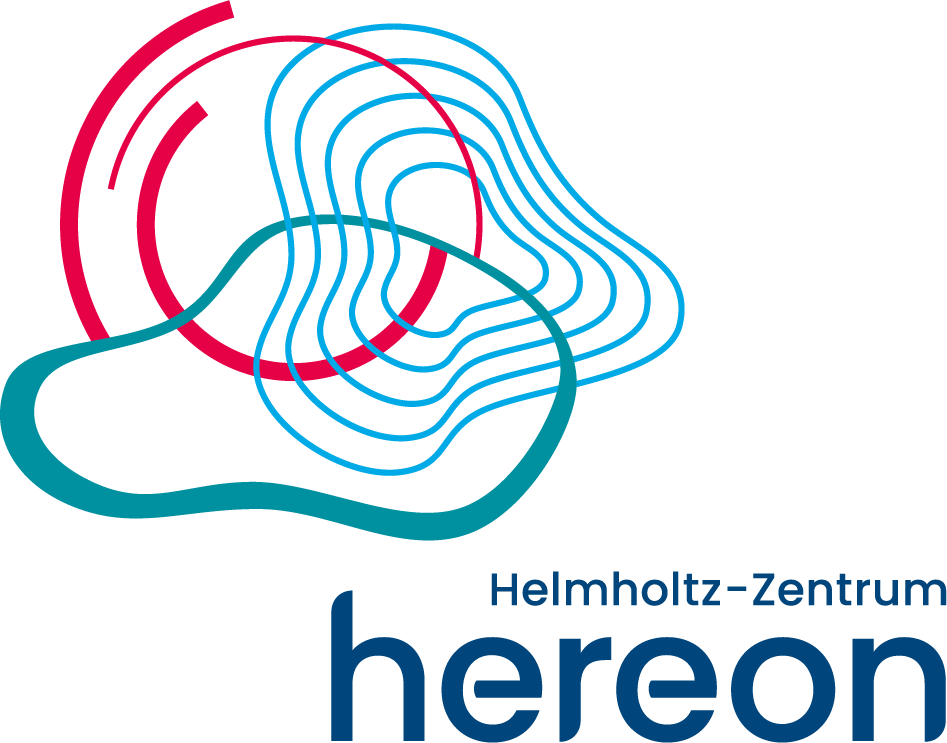 > Helmholtz-Zentrum Hereon
> Helmholtz-Zentrum Hereon
 > Forschungszentrum Jülich
> Forschungszentrum Jülich
MLZ is a member of:
 > LENS
> LENS > ERF-AISBL
> ERF-AISBL
MLZ on social media:

MLZ (eng)
Lichtenbergstr.1
85748 Garching
Information Technology
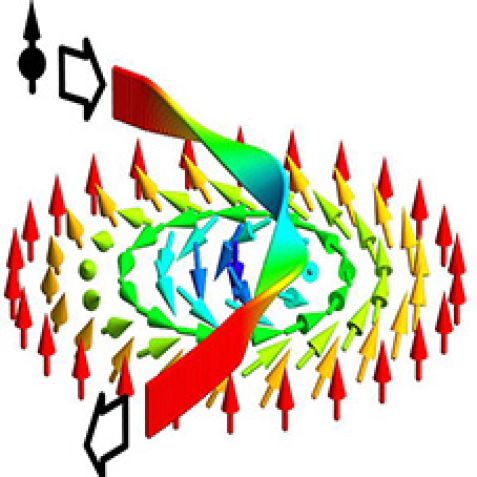
Rapid advances in information technology would be impossible to sustain without ongoing research and development. Due to their physical properties, neutrons are excellent tools to investigate electronic systems, magnetic data storage, spintronics, ferroelectrics, multiferroics, sensors and much more. Therefore, neutron research leads to substantial improvements in the fields of information technology and functional materials.
MLZ addresses the Grand Challenges
- 09.02.2026
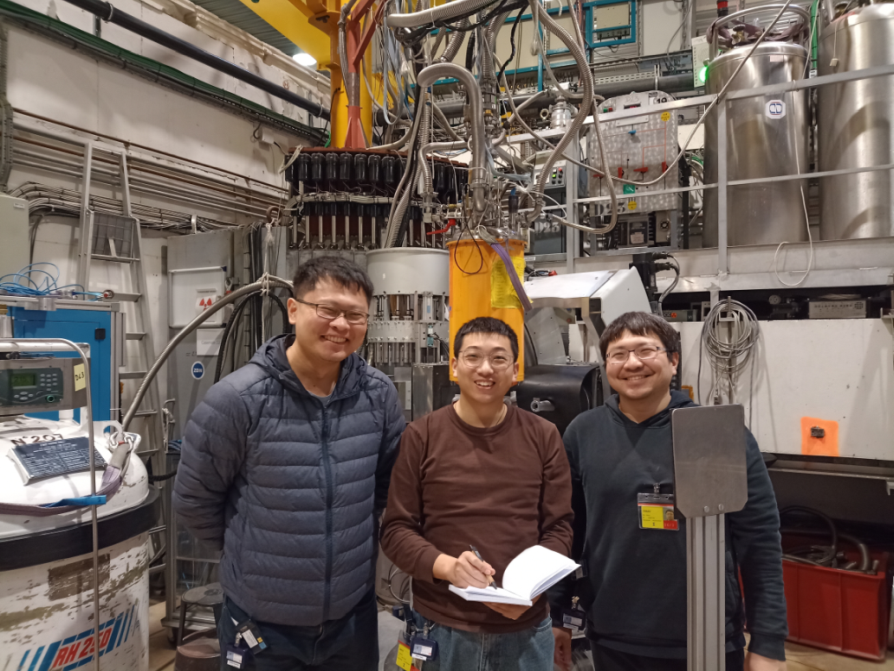
- 08.12.2025
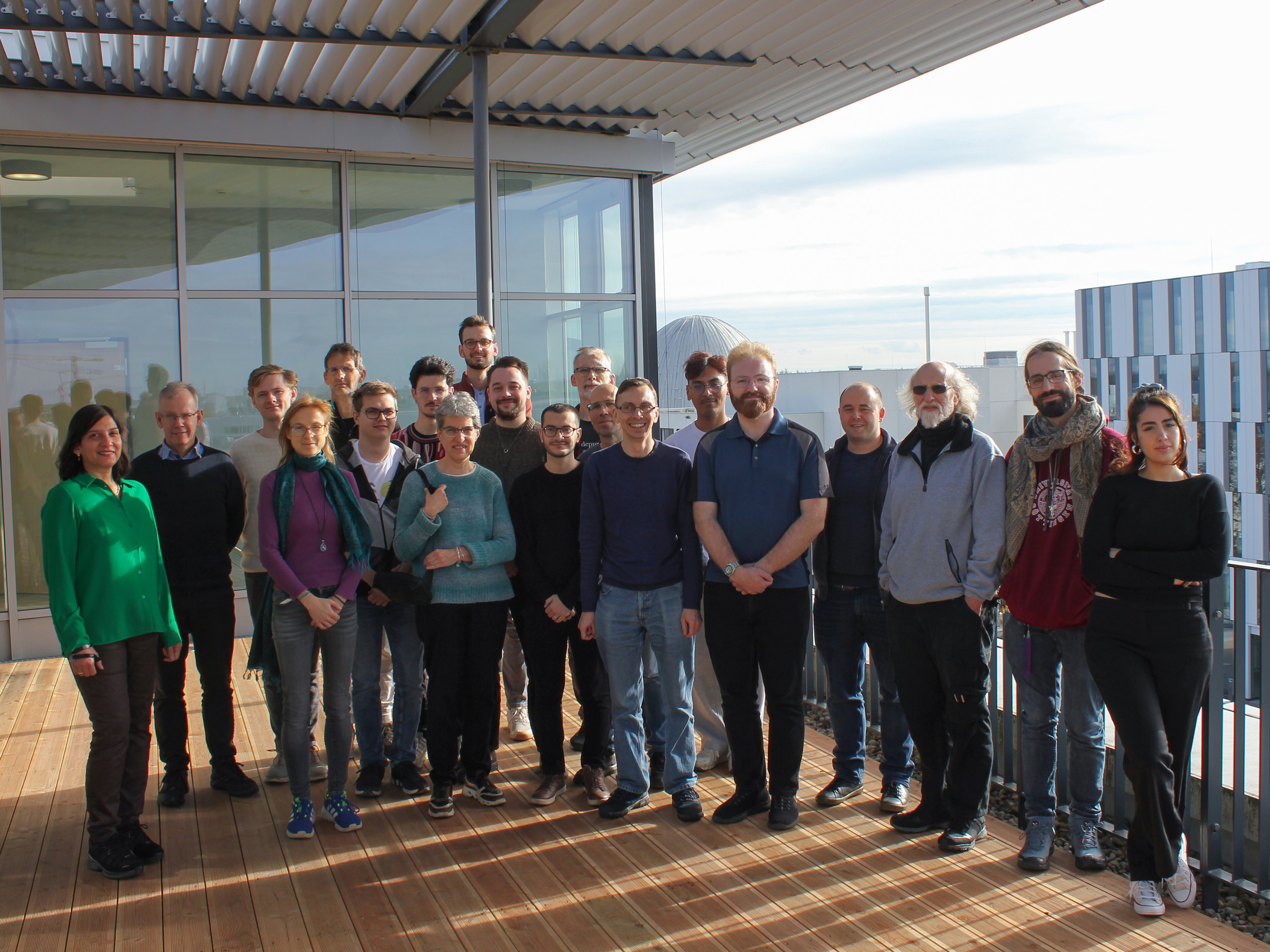
The 14th SasView Contributor Camp brought together students, postdocs, established researchers, and software engineers in Garching for a week-long hackathon designed to advance SasView, the open-source software for analysing small-angle scattering data.
- 27.11.2025
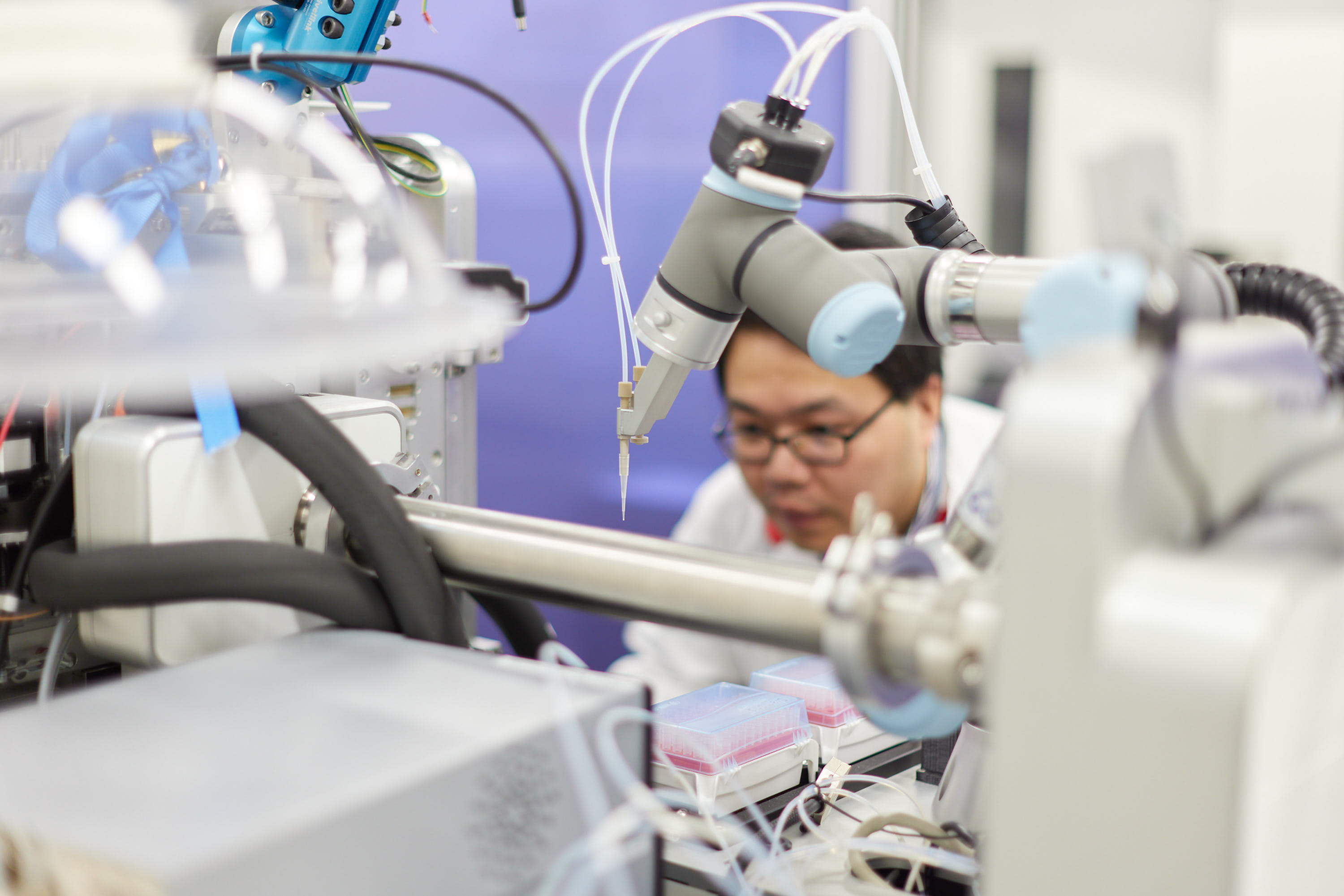
A research team led by Professor Samuel Stranks at the University of Cambridge has observed ultrafast quantum phenomena in a simple, low-cost semiconductor material – a breakthrough that could make future quantum devices faster and more affordable. The necessary X-ray measurements were carried out by scientists from the Forschungszentrum Jülich at the Heinz Maier-Leibnitz Zentrum and at the Technical University of Munich.
- 27.02.2025
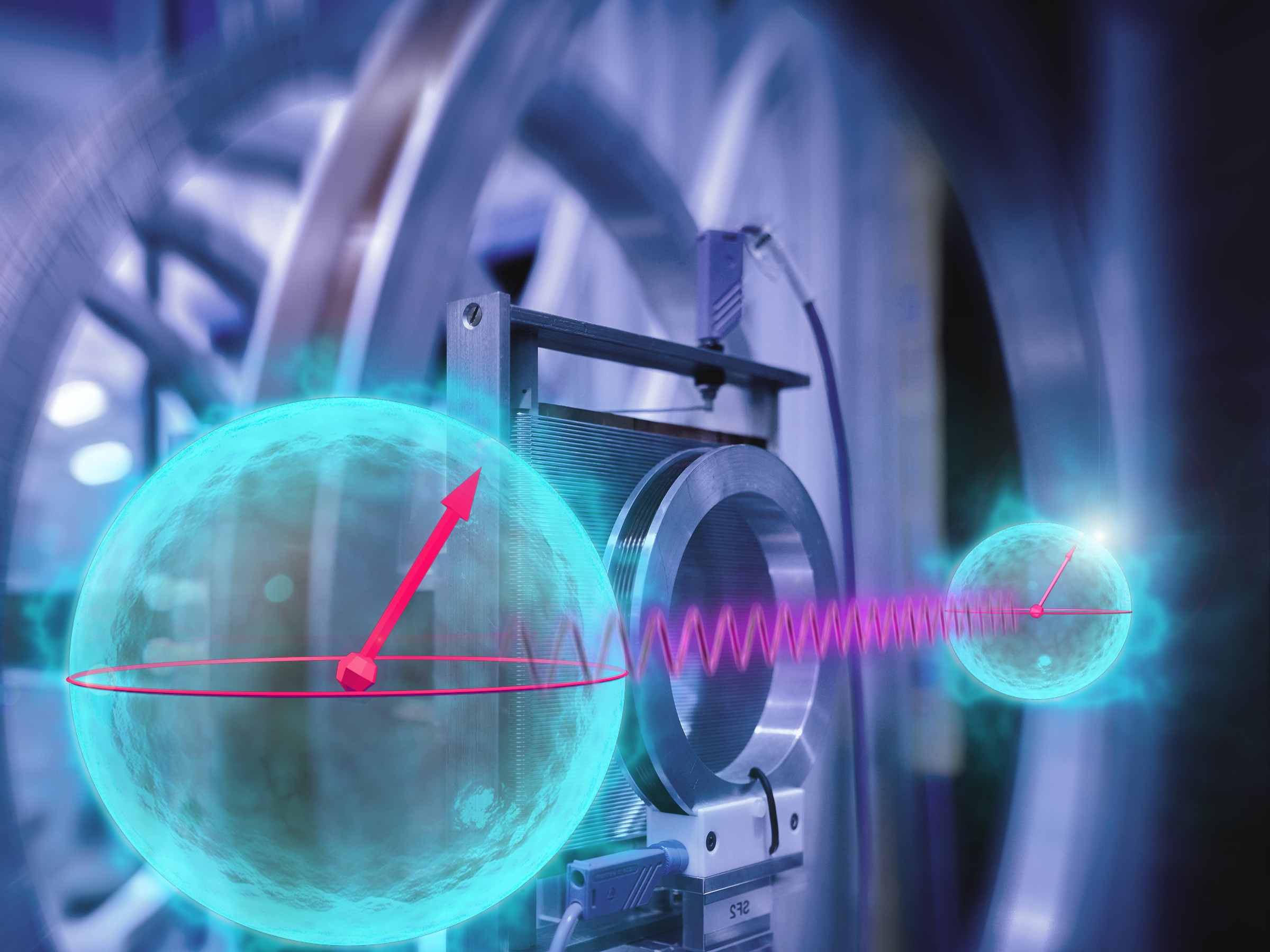
Einstein called it ‘spooky action at a distance.’ Schrödinger deemed it quantum mechanics’ most essential trait. For decades, quantum entanglement has captivated the brightest minds—and now, we can create entangled neutrons using a standard neutron scattering instrument.
- 19.06.2023
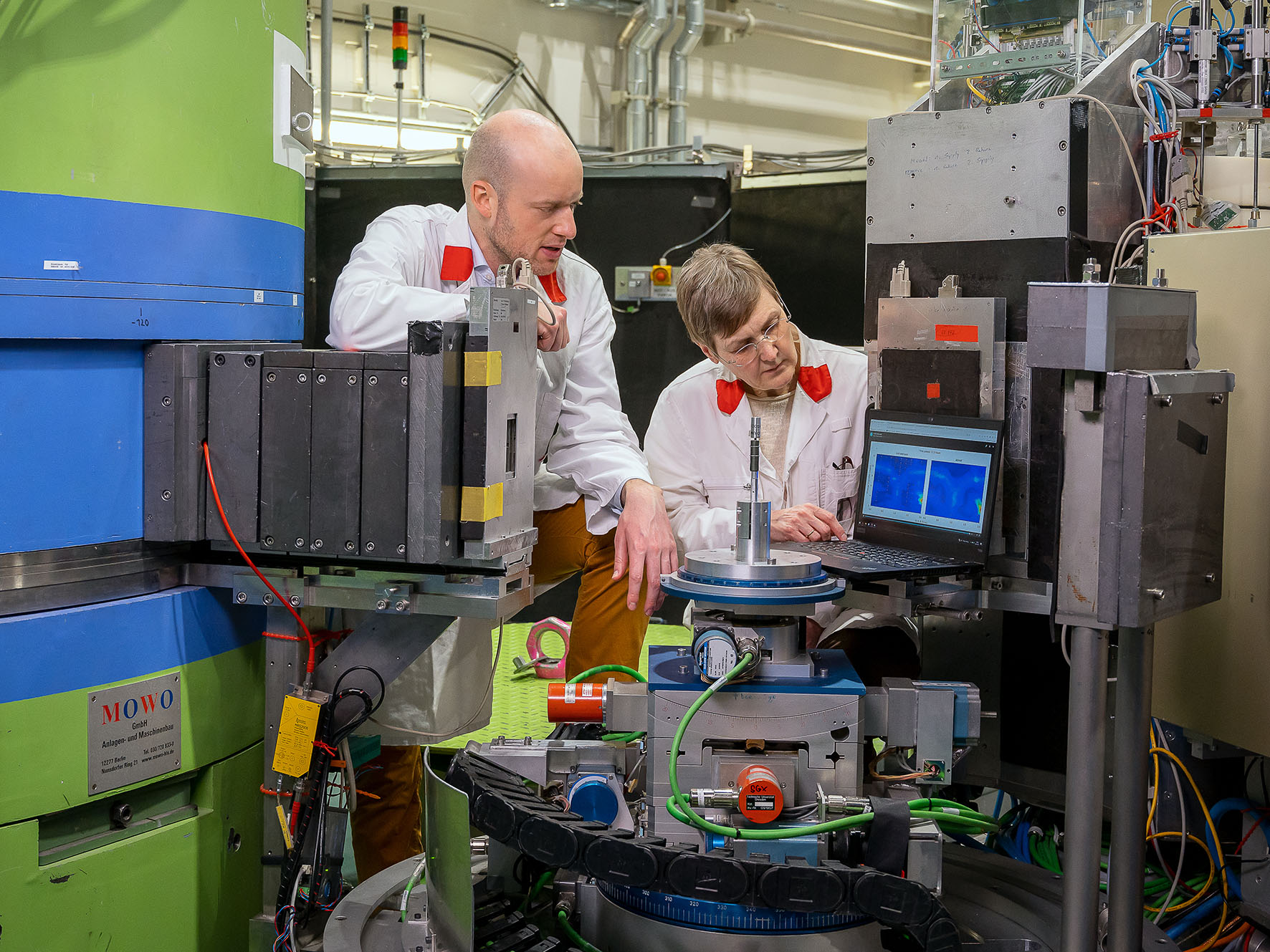
A scientific team from Forschungszentrum Jülich has developed a new approach at MLZ to improve the efficiency of neutron spectroscopy experiments and successfully tested it at the Swiss Paul Scherrer Institute (PSI). Neutron spectroscopy detects forces such as those between atoms arranged in an atomic lattice. The researchers optimized the data acquisition using an active learning artificial intelligence approach. This reduces the time per experiment and makes better use of the scarce resource of measurement time, especially in the first hours of an experiment.
- 04.03.2022
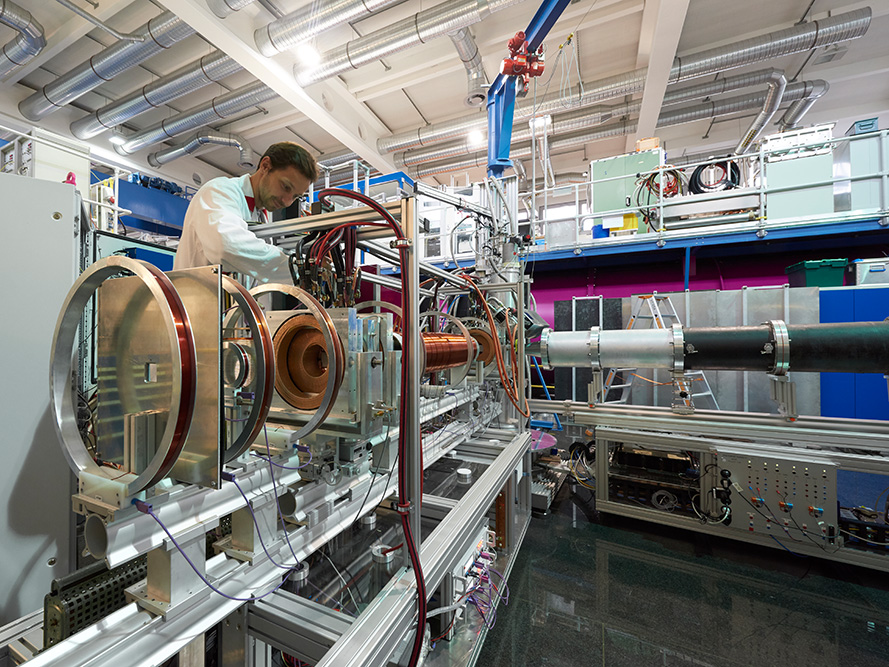
Just as electrons flow through an electrical conductor, magnetic excitations can travel through certain materials. Such excitations, known in physics as “magnons” in analogy to the electron, could transport information much more easily than electrical conductors. An international research team has now made an important discovery on the road to such components, which could be highly energy-efficient and considerably smaller.
MLZ is a cooperation between:
 > Technische Universität München
> Technische Universität München > Helmholtz-Zentrum Hereon
> Helmholtz-Zentrum Hereon
 > Forschungszentrum Jülich
> Forschungszentrum Jülich
MLZ is a member of:
 > LENS
> LENS > ERF-AISBL
> ERF-AISBL
MLZ on social media:


